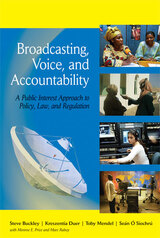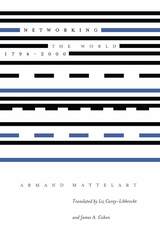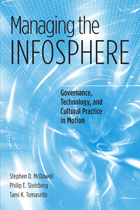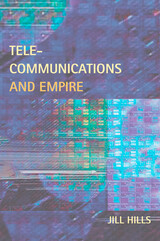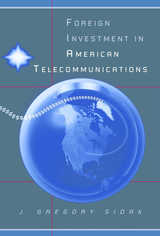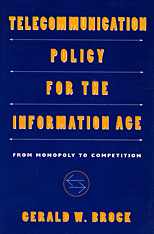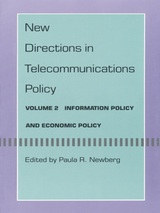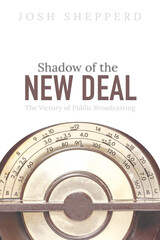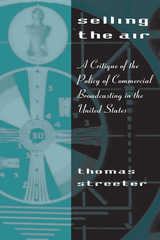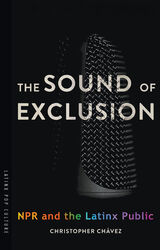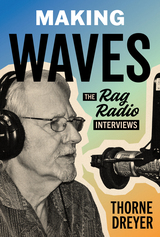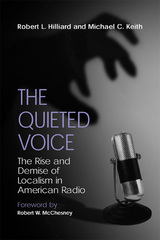Broadcasting, Voice, and Accountability: A Public Interest Approach to Policy, Law, and Regulation
University of Michigan Press, 2008
eISBN: 978-0-472-90046-6 | Paper: 978-0-472-03272-3
Library of Congress Classification HE8689.4.B753 2008
Dewey Decimal Classification 384.54
eISBN: 978-0-472-90046-6 | Paper: 978-0-472-03272-3
Library of Congress Classification HE8689.4.B753 2008
Dewey Decimal Classification 384.54
ABOUT THIS BOOK | TOC
ABOUT THIS BOOK
Participatory development and government accountability depend in part on the existence of media that provide broad access to information from varied sources and that equip and encourage people to raise and debate issues and develop public opinion. Conducive policies, laws, and regulations are essential for media to develop that are independent and widely accessible and that enable the expression of diverse perspectives and sources of information. Broadcasting, Voice, and Accountability presents a framework to inform analysis of existing policies and support the development of a vigorous media sector, with a particular emphasis on broadcasting. It focuses on broadcasting because that is the medium with the greatest potential to reach and involve society at large, including the most disadvantaged and illiterate segments of society in developing countries. Information on good practices in broadcasting policy is in demand in countries of every region—particularly in countries that are opening their economies, democratizing, and decentralizing public service delivery.
This book provides development practitioners with a wide overview of the key policy and regulatory issues involved in supporting freedom of information and expression and enabling development of a pluralistic, independent, and robust broadcasting sector. Policy, regulation, capacity, and institutional development are important development levers that shape the ownership, content, and social impacts of broadcasting systems. The guide shows the importance of enabling a mix of ownership and uses, commonly classified in terms of commercial, public service, and community broadcasting, that serves the public interest. With the guidance of this book, broadcasting policy and regulation can be tackled as a mainstream development topic, with important consequences for government transparency, government accountability, and enabling disadvantaged constituencies to voice their concerns and press for action.
This book is the World Bank's first publication presenting good practices from around the world in media and broadcasting policy and regulation and complements existing work in governance, public sector reform, and access to information. It is a useful tool for policymakers, reform managers, development practitioners, and students alike.
"Most books on the state of broadcasting in the third world tend either to lament the lack of governance, accountability and competence, or to speak down to their readers. This book is part of a new generation that acknowledges ability and a willingness to move forward into the twenty-first century with integrity and imagination. It is not patronizing, and it is certainly not boring. It focuses on really useful approaches to setting up, sustaining, and governing broadcasting systems across the world. This is an excellent book whose combination of sound scholarship and intelligent advice will be welcomed by policymakers and broadcasters alike. It is relevant, interesting, and a jolly good read."
---Ruth Teer-Tomaselli, UNESCO Chair in Communication for Southern Africa, Culture, Communication and Media Studies, University of KwaZulu-Natal
---Ruth Teer-Tomaselli, UNESCO Chair in Communication for Southern Africa, Culture, Communication and Media Studies, University of KwaZulu-Natal
digitalculturebooks is an imprint of the University of Michigan Press and the Scholarly Publishing Office of the University of Michigan Library dedicated to publishing innovative and accessible work exploring new media and their impact on society, culture, and scholarly communication. Visit the website at www.digitalculture.org.
See other books on: Accountability | Broadcasting | Business Development | Freedom of speech | Voice
See other titles from University of Michigan Press
